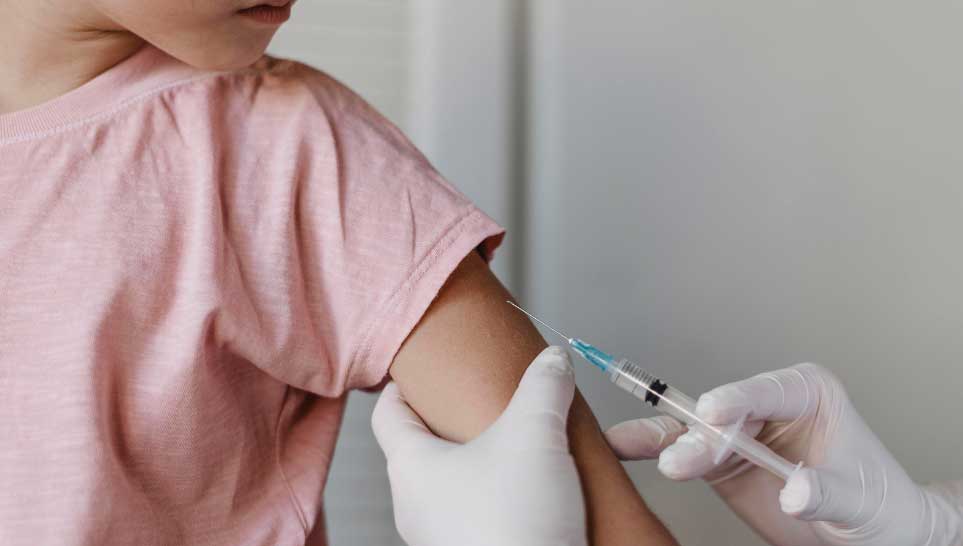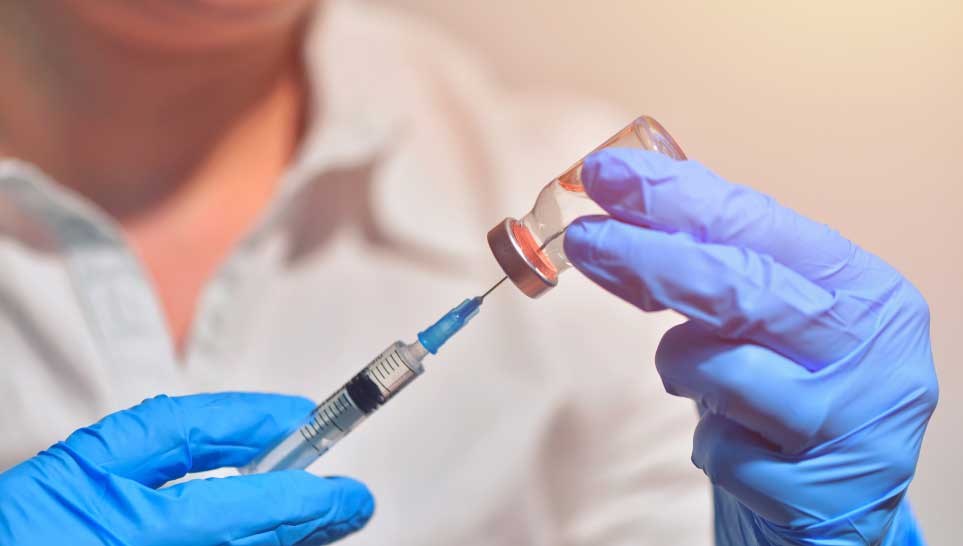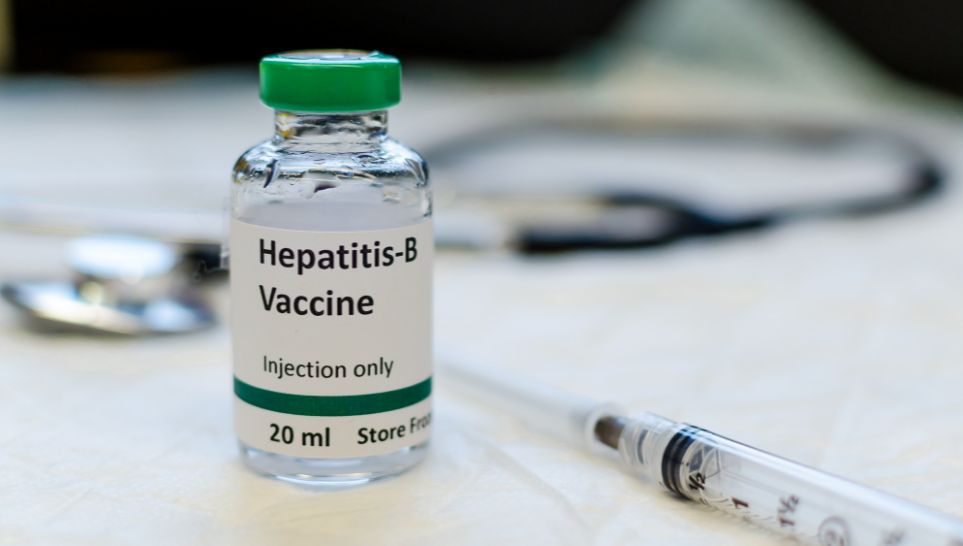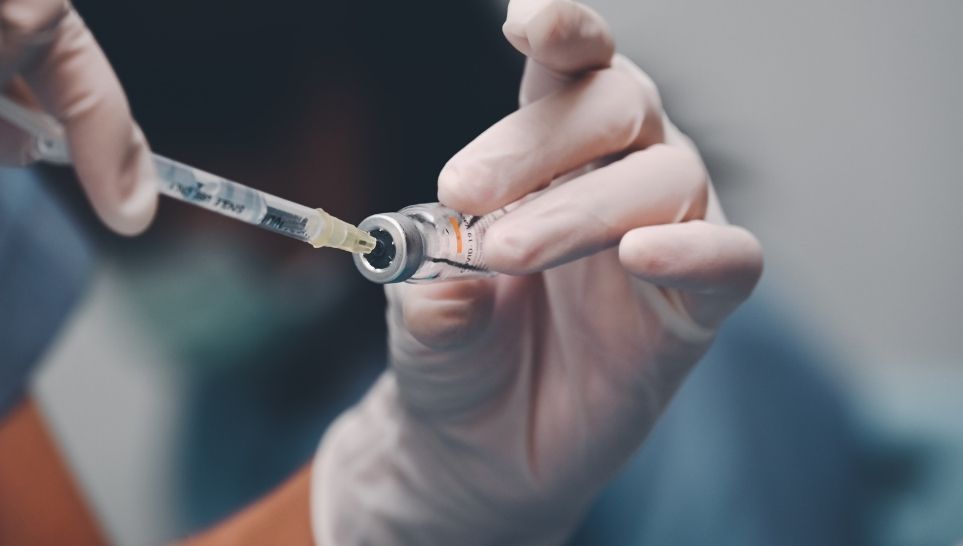Patients who suffer from vaccine injuries can receive support through the National Vaccine Injury Compensation Program. This program, created by the federal government in the 1980s, acts as a no-fault alternative to the traditional tort system for resolving vaccine injury claims. If your petition qualifies, you could gain compensation for your vaccine injury through the Health Resources and Services Administration.
It’s essential to fully understand the filing process before deciding to petition through the Court of Federal Claims. This post reviews everything you need to know about how to submit a claim with the National Vaccine Injury Compensation Program.
What Are Vaccine Claims?
Vaccine claims are no-fault claims that patients who suffer from vaccine injuries can file with the National Vaccine Injury Compensation Program (VICP).
During the 1980s, an influx of lawsuits against vaccine companies threatened to create vaccine shortages, as manufacturers had to pour significant capital into their court settlements. To prevent a halt in vaccine production, the government initiated the Childhood Vaccine Injury Act and the National Vaccine Injury Compensation Program.
Today, rather than sue vaccine manufacturers directly via a traditional tort system, you can submit a claim through the National Vaccine Injury Compensation Program to receive compensation. If you qualify, the U.S. Court of Federal Claims will pay you from the Vaccine Injury Compensation Trust Fund.
Only certain covered vaccines and injuries qualify for compensation. To determine whether you meet the program’s criteria, the U.S. Department of Health and Human Services will closely review your petition.
Different Types of Vaccine Claims

Understanding what type of vaccine claim you may have can help you determine how to move forward. Only those who experienced illness or injury due to a vaccine can file a claim through the National Vaccine Injury Compensation Program. If you wish to file any other type of claim, your vaccine injury attorney can advise you further.
Efficacy Claims
Efficacy claims propose that a vaccine did not produce the stated benefits or results in the petitioners.
Vaccines must undergo thorough testing and research before the Centers for Disease Control approves them. One factor researchers look at is the vaccine’s efficacy (or effectiveness). If a vaccine manufacturer claims that it effectively prevents a specific disease and a patient then contracts that disease, the patient may have grounds for an efficacy claim.
Your vaccine injury attorney can advise you on whether you have enough evidence to move forward with this type of claim.
Safety Claims
The most common federal claims that come through the National Vaccine Injury Compensation Program are safety claims.
Along with completing efficacy testing, manufacturers must go through many rounds of safety testing before releasing a vaccine to the general public.
Vaccine recipients should feel confident that the vaccine they’re receiving is safe and will not produce any severe adverse side effects. If you’ve experienced an injury or illness from a vaccine, you may have grounds for a safety claim through the VICP.
Comparative Claims
Vaccine and drug manufacturers often use comparative advertising to promote their products. This form of advertising directly compares one vaccine to another, showing consumers that the manufacturer’s vaccine is better or more effective.
If a vaccine company made a comparative claim that you found to be false, you may be able to hold it accountable for misleading advertising.
Disease-Specific Claims
Adult and childhood vaccines often come with disease-specific claims detailing that they reduce the risk of a specific disease. When these claims turn out to be false, patients may have grounds for compensation.
Mechanism of Action Claims
A vaccine’s mechanism of action is how it produces specific effects within the body. When a vaccine company claims that its product will produce a certain mechanism of action, individuals injured by those false claims may seek compensation.
How to File a Vaccine Claim

Filing federal claims with the U.S. Department of Health and Human Services is a serious process that requires preparation and thorough legal analysis. If you want to achieve a successful case outcome, you’ll need to put adequate time into preparing your claim.
If you want to file a claim with the National Vaccine Injury Compensation Program, follow these steps:
- Collect evidence: Your attorney will review your medical records to collect proof that your injury directly resulted from your vaccine.
- File a petition: After building your case, your attorney will create a petition with the U.S. Department of Health and Human Services on your behalf.
- Await review: The federal government will review your petition and determine whether you meet the criteria in the vaccine injury table. The U.S. Department of Justice will also create a report and issue a preliminary recommendation during this stage.
- Await petition presentation: Next, the Court of Federal Claims will appoint special masters who will review the report to determine whether you should receive compensation.
- Attend a hearing: If the special master assigned to your case initially denies your request, the court may hold a hearing that allows your attorneys to provide further proof of your vaccine injury.
- Receive the final order. The United States Court of Federal Claims’ special master assigned to your case will either award compensation or dismiss the petition.
You can potentially seek the following types of damages should the court decide to award compensation:
- Pain and suffering
- Lost wages
- Loss of ability to work
- Medical bills
- Rehabilitation costs
The Importance of Accuracy in Vaccine Claims
Before you submit a claim through the federal vaccine court, take time to ensure the medical records and health resources you provided are 100% accurate. Accidentally submitting inaccurate information about your injury could lead the court to dismiss your claim.
As part of your attorney’s fees, your lawyer can review all medical records closely on your behalf and compare your symptoms with available health resources from vaccine manufacturers.
Effects of Vaccine Claims on Public Health

Vaccine injuries are rare, but injury claims can wreak havoc on vaccine production.
When injury victims sue manufacturers directly through the civil court, the awarded compensation often exceeds $100,000. Vaccine manufacturers may need to reduce their vaccine supply while recovering from this financial loss.
Instead, submitting vaccine injury claims through the National Vaccine Injury Compensation Program allows victims to seek compensation without affecting the production of new vaccines for patients. As a result, injury victims can file for fair compensation while the public continues to have access to essential childhood and adult vaccines, like the measles, mumps, and rubella (MMR) vaccine.
Common Misconceptions About Vaccine Claims
Before you file a petition with the U.S. Court of Federal Claims, review these common misconceptions about vaccine claims:
- Misconception #1: Any injured person can file a vaccine injury claim.
- Reality: According to the vaccine injury table released by the National Vaccine Injury Compensation Program, your vaccine injury must meet specific criteria to qualify.
- Misconception #2: You can file a civil claim and a federal claim.
- Reality: The Vaccine Injury Compensation Program is a no-fault alternative to civil vaccine court. You cannot sue the vaccine manufacturer after gaining compensation through the Court of Federal Claims.
- Misconception #3: The vaccine injury compensation program is only for adults.
- Reality: The National Vaccine Injury Compensation Program can compensate individuals for adult and childhood vaccines.
How to Find Reliable Information About Vaccine Claims
The Health Resources and Services Administration is an excellent resource to learn more about the no-fault alternative to vaccine court. Visit the Health Resources and Services Administration website for:
- Information about the VICP Program
- How to file a petition
- Eligibility requirements for the VICP program
- Data about vaccines that have caused injuries
- Resources for injury victims
Understanding Whether a Vaccine Claim Is Right for You
So is a vaccine claim right for you? If you meet the qualifications for the VICP, filing a claim through this program could make it easier to access compensation than through the civil courts. Whichever method of resolving vaccine injury claims you choose, work with a qualified attorney throughout the process.
At Sadaka Law’s Vaccine Injury Help Center, we have helped numerous vaccine injury victims seek justice for their pain and suffering. Call our team at 1-800-810-3457 to schedule a consultation or find compassionate legal assistance.






